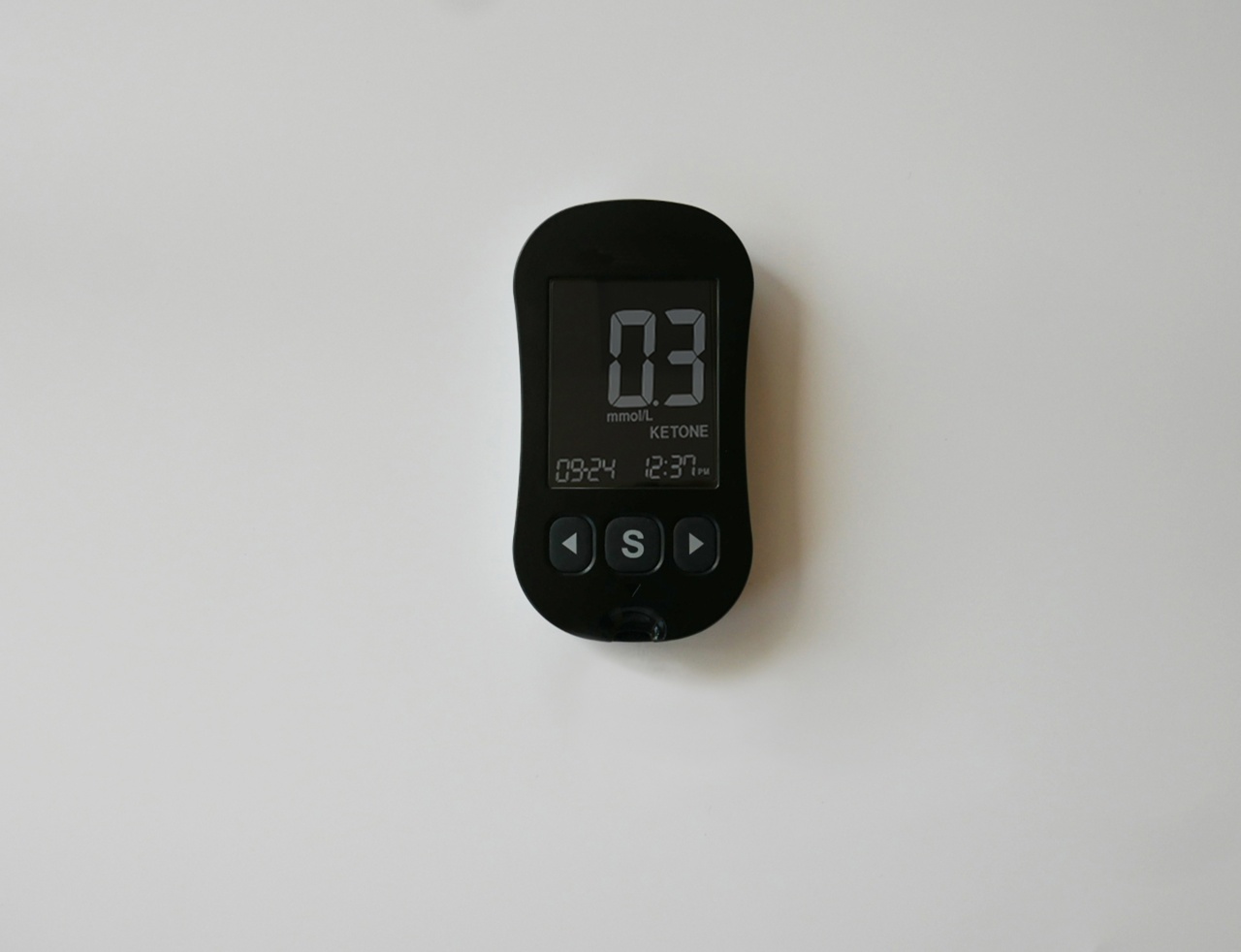Diabetes is a chronic disease that affects millions of people worldwide. It occurs when your body is unable to produce or use insulin, resulting in high blood sugar levels.
High blood sugar levels can cause a lot of health problems, including damage to your eyes, kidneys, nerves, and heart. However, what you may not know is that diabetes can also affect your oral health. In this article, we will explore the connection between diabetes and oral health and how to prevent dental issues related to diabetes.
1. High Blood Sugar Levels and Gum Disease
People with diabetes are more likely to develop gum disease, which can lead to tooth loss if left untreated. The reason for this is that high blood sugar levels can weaken the gums and make it easier for bacteria to grow and multiply in the mouth.
When bacteria accumulate along the gum line, they can cause an infection known as gingivitis. Gingivitis is the early stage of gum disease and can cause red, swollen, and tender gums. If left untreated, gingivitis can progress to periodontitis, a more severe form of gum disease that can result in tooth loss.
2. Dry Mouth and Tooth Decay
Diabetes can also cause dry mouth, a condition where the salivary glands do not produce enough saliva. Saliva plays a crucial role in oral health by neutralizing acids produced by bacteria and washing away food particles and debris.
Without enough saliva, the mouth can become a breeding ground for bacteria, leading to tooth decay and bad breath. Additionally, some diabetes medications can cause dry mouth as a side effect.
3. Slow Healing and Infections
People with diabetes are also more susceptible to infections, including those in the mouth. High blood sugar levels can weaken the immune system and slow down the body’s natural healing process.
As a result, minor cuts and sores in the mouth can take longer to heal and become infected. Infections in the mouth can lead to more significant health issues and affect blood sugar control, making it harder to manage diabetes.
4. Tips for Maintaining Oral Health with Diabetes
Fortunately, there are many ways to maintain good oral health when you have diabetes. Here are a few tips:.
4.1. Control Your Blood Sugar Levels
The most important thing you can do to prevent dental issues related to diabetes is to control your blood sugar levels. Keep your blood sugar levels within the target range recommended by your healthcare provider.
This will not only prevent dental issues but also improve your overall health.
4.2. Brush and Floss Every Day
Brush your teeth at least twice a day and floss once a day to remove bacteria and food particles from your mouth. Use a soft-bristled toothbrush and fluoride toothpaste.
If you have trouble using traditional floss, consider using interdental cleaners or a water flosser.
4.3. Visit Your Dentist Regularly
Visit your dentist at least twice a year for a checkup and cleaning. Your dentist can detect early signs of gum disease and treat them before they become severe. They can also give you personalized advice on how to maintain good oral health.
4.4. Tell Your Dentist if You Have Diabetes
Inform your dentist that you have diabetes and provide them with your healthcare provider’s contact information. This will help them coordinate your dental care with your overall medical care and ensure that any necessary precautions are taken.
4.5. Manage Dry Mouth
If you have dry mouth, try to stay hydrated by drinking plenty of water. Chew sugar-free gum or suck on sugar-free candy to stimulate saliva production. Consider using a saliva substitute to moisten your mouth.
4.6. Be Mindful of Your Diet
Eat a balanced diet rich in fruits, vegetables, whole grains, lean protein, and healthy fats. Limit sugary and acidic foods and beverages, which can damage the teeth and worsen gum disease.
If you need help with meal planning, consult a registered dietitian.
Conclusion
Diabetes can have significant implications for your oral health. High blood sugar levels can weaken the gums, cause dry mouth, slow healing, and increase the risk of infections.
However, by maintaining good blood sugar control, practicing good oral hygiene, visiting your dentist regularly, and managing dry mouth, you can prevent dental issues related to diabetes. If you have diabetes, inform your dentist and healthcare provider and work together to maintain your overall health and well-being.





























